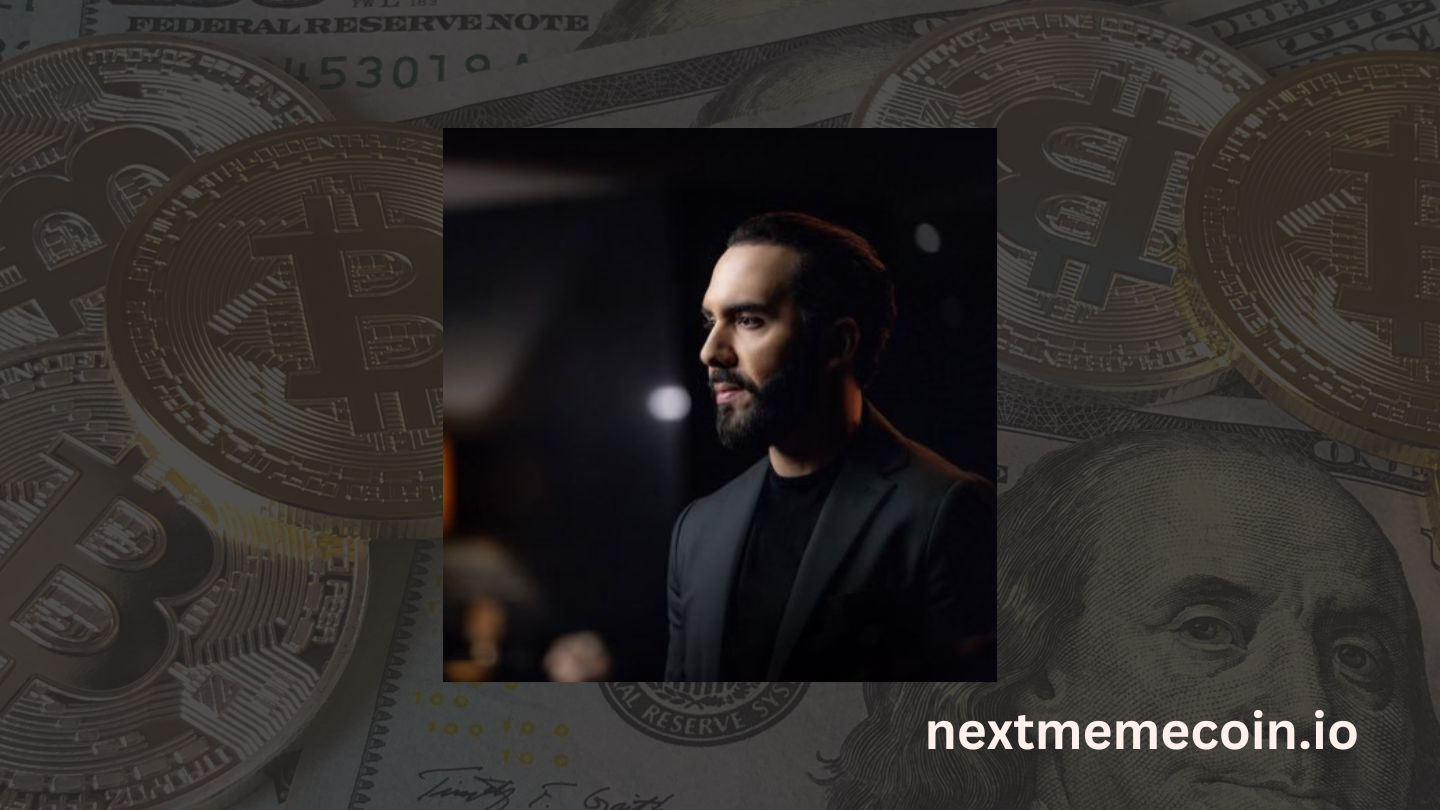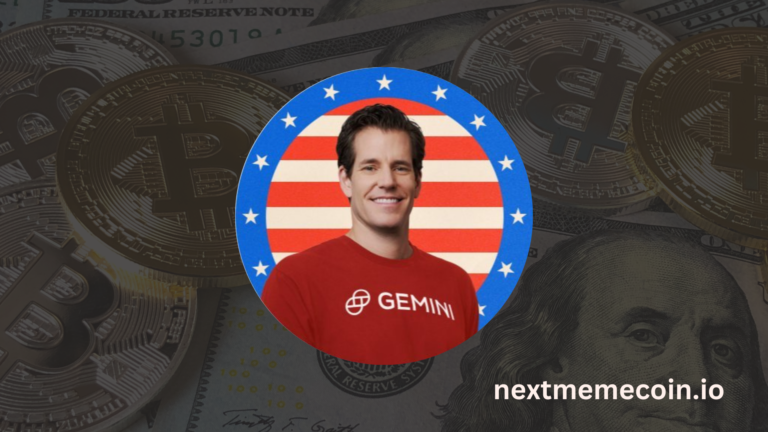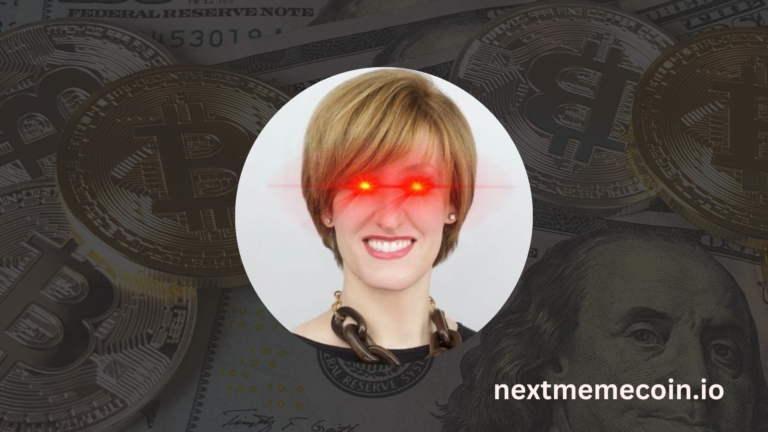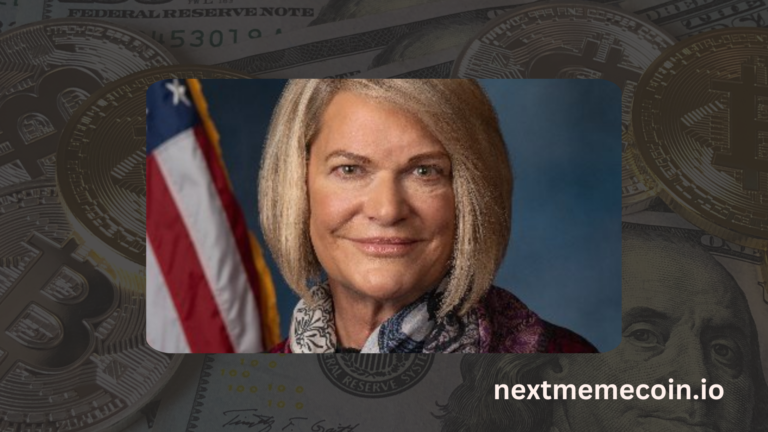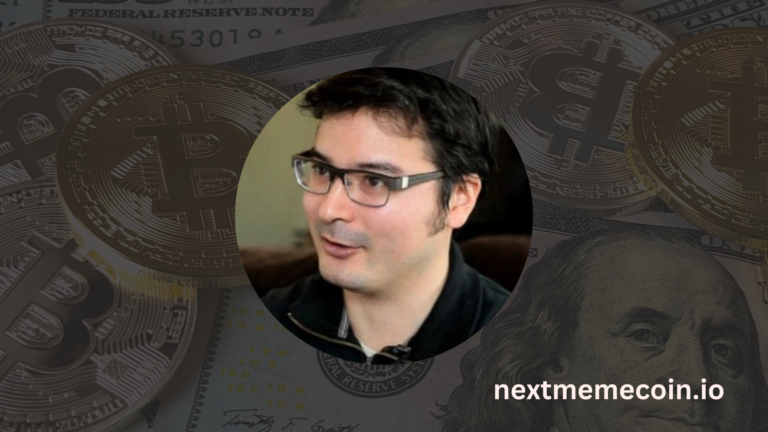Nayib Bukele: Bio, Crypto Portfolio, Net Worth & Bitcoin Nation Leap
Nayib Bukele isn’t just a president—he’s a global disruptor, a millennial leader who’s thrust El Salvador into the spotlight as the world’s first Bitcoin nation. With a swagger that’s part politician, part tech visionary, he’s gambled his country’s future on cryptocurrency, defying skeptics and rewriting the rules of economic sovereignty. For crypto beginners, Bukele’s story is a rollercoaster: a young mayor turned head of state, steering a tiny, gang-ravaged nation toward a digital frontier most leaders wouldn’t touch. His bet? Bitcoin as legal tender—a move that’s sparked awe, outrage, and a $250 million-plus profit as of March 24, 2025.
This guide unpacks Bukele’s journey—his roots in San Salvador, his personal and national crypto stakes, his modest wealth against a backdrop of audacious policy, and the leap that’s made El Salvador a crypto crucible. We’ll lay it out clearly, with the latest USD figures, so you can grasp the man, his money, and the seismic shift he’s unleashed. Picture a 43-year-old in a backward baseball cap, tweeting Bitcoin buys while staring down the IMF, turning a Central American underdog into a blockchain beacon. Here’s who Nayib Bukele is, what he’s worth, and how his Bitcoin nation leap is shaking the world.
From San Salvador to Presidential Power: Nayib Bukele’s Bio
Nayib Armando Bukele Ortez was born on July 24, 1981, in San Salvador, El Salvador’s bustling capital. His heritage is a mix of grit and ambition—son of Armando Bukele Ortez, a wealthy Muslim businessman of Palestinian descent, and Olga Ortez, a Christian mother. Raised in a prominent family, Nayib grew up with a front-row seat to influence. His father’s empire spanned advertising, textiles, and more, while his knack for media shaped Nayib’s own flair for communication. He attended the elite Escuela Panamericana but ditched law studies at Central American University to dive into business at 18, running Yamaha Motors El Salvador—a sign of the hustle that’d define him.
Politics called early. In 2012, at 30, Bukele won the mayoral race in Nuevo Cuscatlán under the leftist FMLN banner, a party tied to El Salvador’s civil war guerrillas. He transformed the small town—paving roads, boosting security—then scaled up, becoming San Salvador’s mayor in 2015. There, he slashed crime, lit up slums with LEDs, and earned a rep as a doer, not a talker. But the FMLN ousted him in 2017 over clashes with party brass, so he pivoted, founding Nuevas Ideas—a populist juggernaut. In 2019, at 37, he swept the presidency with 53% of the vote, shattering a 30-year two-party stranglehold, becoming Latin America’s youngest leader and its first millennial head of state.
Bukele’s rule is a paradox—ruthless and revered. He’s jailed over 75,000 gang members since 2022, dropping murders to a historic low (2.4 per 100,000 in 2023), earning 90% approval. Critics decry his authoritarian streak—sacking judges, strong-arming lawmakers with troops in 2020—yet his February 2024 re-election (despite constitutional bans) was a landslide. On X as @nayibbukele, his 5.6 million followers see a self-styled “coolest dictator,” laser-eyed and Bitcoin-obsessed, tweeting policy in real-time. From gang wars to crypto dreams, Bukele’s bio is a high-stakes saga of a man remaking a nation.
Crypto Portfolio: Bukele’s Personal and National Bitcoin Bets
Bukele’s crypto portfolio splits into two lanes: his personal stash and El Salvador’s national haul. He’s tight-lipped about his own holdings—no public wallet, no boasts beyond Bitcoin maximalism. Speculation pegs him as a BTC buyer since at least 2019, when it traded at $3,200–$20,000. If he grabbed 50 BTC at $10,000 (mid-range then), that’s $500,000 invested—now $3.375 million at $67,500 per BTC (late 2024). A bigger bet, say 200 BTC, could mean $13.5 million today. But it’s guesswork—he’s never confirmed a satoshi. His focus is national, not personal, and he’s hinted his wealth’s tied more to family business than crypto windfalls.
El Salvador’s portfolio is where Bukele shines—or gambles, depending on your lens. It began September 6, 2021, with 200 BTC at $51,000 each ($10.2 million), tweeted live as Bitcoin Day loomed. He bought dips—150 BTC at $48,670 in December 2021, 410 BTC at $36,585 in January 2022, 500 BTC at $30,744 in May 2022. By July 2022, he nabbed 80 BTC at $19,000. Then, post-FTX crash in November 2022, he pledged 1 BTC daily at $16,600—a grind that’s piled up coins. As of March 2025, El Salvador holds 6,154 BTC, per NayibTracker.com and Bukele’s updates, worth $415.4 million at $67,500 each. Cost? $265.9 million—an unrealized profit of $149.5 million, though some trackers cite 6,102 BTC ($411.9 million, $243.4 million profit on $269.2 million).
Bukele’s strategy is diamond-handed—he’s never sold, even when BTC tanked to $16,000 in 2022, costing $50 million unrealized losses. By December 2024, with BTC at $100,000, the stash hit $615.4 million, a $349.5 million gain. Add 474 BTC mined via volcano-powered geothermal energy ($32 million now), and it’s a bold play. He’s diversified revenue—passports-for-BTC, business conversions—pushing the public wallet past $400 million, he told TIME in 2024. For beginners, it’s a lesson in conviction: Bukele’s portfolio, personal or not, is a bet on BTC’s future, volatility be damned.
Net Worth: A Modest Fortune Amid a Bitcoin Boom
Bukele’s net worth is a humble speck next to his crypto crusade—estimated at $1 million to $2 million as of 2025. It’s a figure dwarfed by peers like Michael Saylor, but Bukele’s not in it for personal billions. His presidential salary, per El Salvador’s transparency portal, is $60,000–$64,000 yearly—$320,000 over a five-year term. The real juice comes from his family’s empire, built by his father across media, pharmaceuticals, and autos. Nayib ran Obermet, their ad agency, and Yamaha Motors, stacking cash before politics. Campaign spending drained some—his 2019 run was a multimillion-dollar blitz—but he’s no pauper.
Crypto’s role in his wealth is murky. If he holds 50–200 BTC, that’s $3.375–$13.5 million at $67,500 per coin, potentially outstripping his traditional assets. Yet he’s never cashed out, mirroring El Salvador’s “no sell” stance. Real estate—a San Salvador home—and family stakes round it out, but he’s no lavish spender. No yachts, no jets—just a guy in a cap, betting state funds, not his own, on BTC. Critics point to lost treasury millions in 2022; fans laud the $250 million profit today. For newbies, his net worth’s a sidenote—his real stake is El Salvador’s BTC haul, a national fortune he’s tethered to his legacy.
Bitcoin Nation Leap: Bukele’s Crypto Revolution
Bukele’s Bitcoin nation leap kicked off June 5, 2021, at Miami’s Bitcoin Conference, announcing a bill to make BTC legal tender alongside the U.S. dollar. On June 9, El Salvador’s Congress passed it 62–22, effective September 7. It was historic—the first country to embrace crypto as cash. Bukele sold it as a lifeline: cheaper remittances (20% of GDP), banking for the 70% unbanked, and a hedge against dollar dependence. He launched Chivo, a state wallet with $30 BTC sign-up bonuses, and bought those first 200 coins. The IMF balked, the World Bank snubbed aid, but Bukele doubled down.
Adoption stumbled—Chivo glitched, merchants balked, most cashed out the $30. A 2022 survey showed 35% had “little confidence” in BTC, 14% “a lot.” Yet Bukele piled on: daily BTC buys since November 2022, 6,154 coins by 2025, $415.4 million in value. He pitched Bitcoin City—a tax-free utopia powered by Conchagua volcano geothermal energy—funded by $1 billion “Volcano Bonds” (still unissued). Profits soared—$100 million by November 2024, $250 million by March 2025—silencing early jeers. Tourism spiked, bonds rose, and Trump’s 2024 win fueled BTC’s climb, aligning with Bukele’s vision.
Risks loom—volatility, IMF loan delays ($1.4 billion stalled), and critics like economist Mattia Marchesini warn of destabilization. Poverty’s up (9% extreme, 30% total), and Chivo’s use is niche. Yet Bukele calls it “net positive”—branding, investment, no major losses. For beginners, it’s a wild experiment: if BTC hits $100,000 again, he’s a genius; if it flops, El Salvador’s broke. Either way, his leap’s a crypto milestone.
After the Leap: Bukele’s Ongoing Crypto Quest
Bukele’s not done. Post-2024 re-election, he’s moved BTC to cold storage (March 2024), touted $510 million stacks, and met Argentina’s VP Victoria Villaruel to pitch Bitcoin bonds. He’s cut income tax on foreign cash (2024), luring BTC enthusiasts, and insists “Bitcoin’s the future,” per a July 2022 tweet. On X, he flexes gains—$350 million unrealized by December 2024—while eyeing $1 million BTC long-term. El Salvador’s a crypto lab, and Bukele’s the chemist, tweaking the formula amid global eyes.

